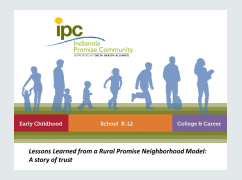

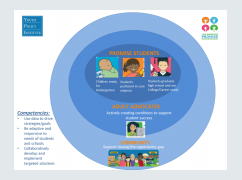
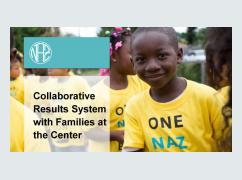
Meet the Start-Up Creating a Critical Jobs Pipeline for Trans and Gender Non-Conforming Workers
“I think my most skillful trait is the ability to pivot,” said Angelica Ross. “I believe that pivoting is a huge skill to have.”
Ross utilized her ability to change direction and forge ahead in every step along her path to become founding CEO | Read more >
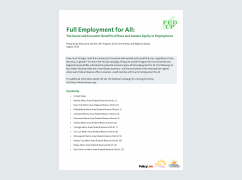
Full Employment for All: The Social and Economic Benefits of Race and Gender Equity in Employment
How much stronger could the economy be if everyone who wanted a job could find one—regardless of race, ethnicity, or gender? This analysis, produced for the Fed Up campaign for Federal Reserve policies that work for communities most left behind by the recovery, estimates the potential economic gains of full employment for all. Find out what the United States economy—and the economies of the 12...
| More >
Let's Move And Convergence Web Learning Session
Let's Move! is a comprehensive initiative launched by First Lady Michelle Obama, dedicated to solving the problem of obesity within a generation by creating a healthy start for children; empowering parents and caregivers; providing healthy food in schools; improving access to healthy, affordable foods; and increasing physical activity. This webinar is an opportunity to learn about the Let’s...
| More >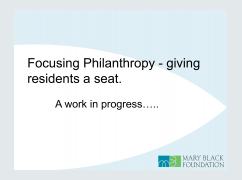
Innovation Fund Information Webinar - June
This informational webinar will provide details about the Innovation Fund application process. The Convergence Partnership invites local and regional philanthropic institutions to submit proposals that will support the launch of new grant making initiatives designed to enhance the built environment and/or expand healthy food access in low-income communities and communities of color in order to...
| More >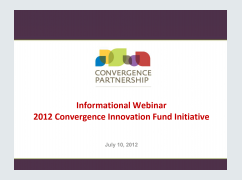
Innovation Fund Information Webinar - July
This informational webinar will provide details about the Innovation Fund application process. The Convergence Partnership invites local and regional philanthropic institutions to submit proposals that will support the launch of new grant making initiatives designed to enhance the built environment and/or expand healthy food access in low-income communities and communities of color in order to...
| More >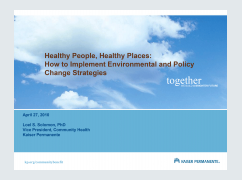
Utilizing Environmental And Policy Change Strategies
People thrive when they earn living wages and live in communities with parks and playgrounds, grocery stores selling nutritious food, and neighbors who know one another. Without a healthy environment, people are more likely to suffer from obesity or one of the many chronic diseases plaguing the United States: diabetes, asthma, and heart disease. Preventing disease and creating healthy...
| More >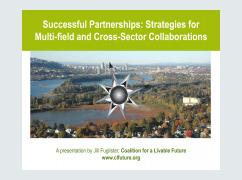
Successful Partnerships: Strategies For Multi-Field And Cross-Sector Collaborations
Health and place are inextricably linked. People are healthy when the places they live in support health. But the systems that shape communities and health are complex, from how food is grown, processed, distributed, and sold to how neighborhoods are built to the transportation systems that serve them. Creating healthy, equitable communities requires the broad expertise and influence of...
| More >

